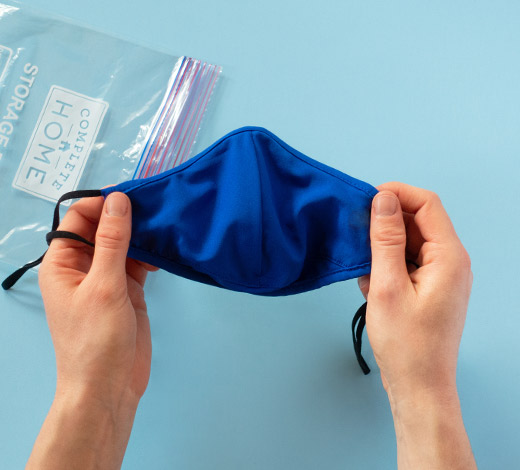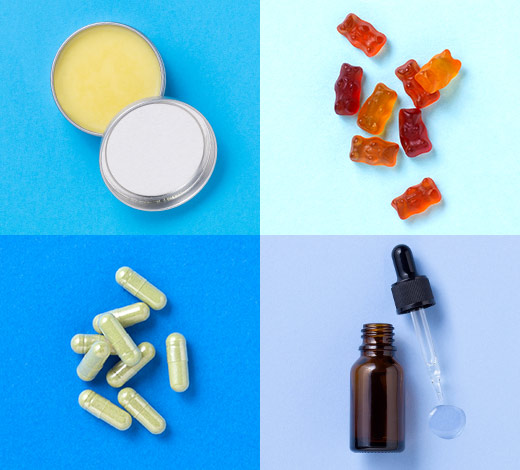
HIV directly affects approximately 1.1 million Americans, with approximately 39,000 new HIV infections annually in the U.S.
An HIV test is the only way to know your status. People who are living with HIV but are unaware of their status can unknowingly spread the virus to others. The sooner someone knows if they’re living with HIV, the sooner they can begin treatment with medicines to slow the progression of the virus. Antiretroviral therapy (ART) can even make HIV undetectable.
Learn more about HIV testing and prevention.
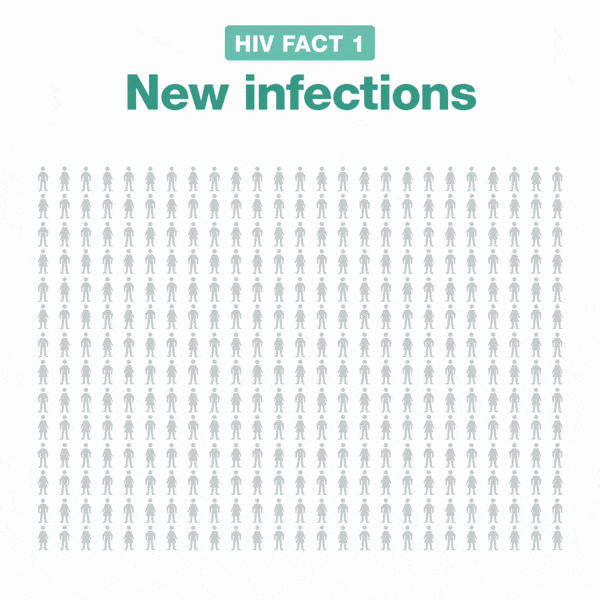
HIV stands for human immunodeficiency virus (HIV).You can get or transmit HIV only through specific activities. Most commonly, people get or transmit HIV through unprotected sexual intercourse or sharing needles.
Once infected, the virus can remain in the body for a period of time before symptoms show up. Because of this, it’s possible to be living with HIV and not know it. In fact, about one in seven people living with the HIV infection in the U.S. don’t know their status.
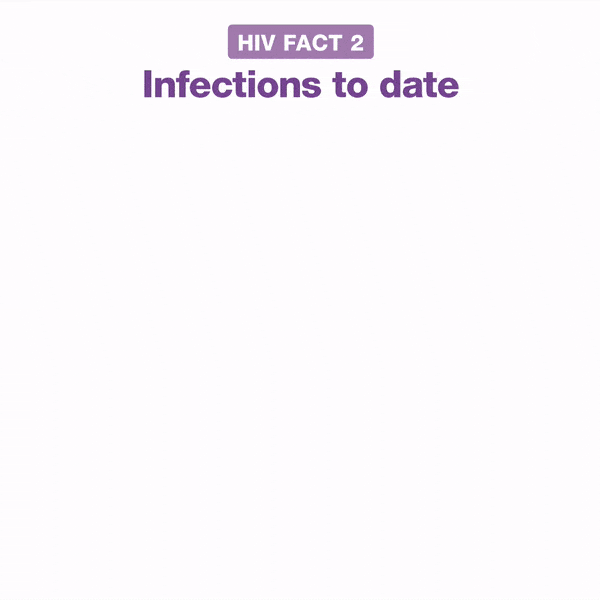
The Risks of Not Knowing Your HIV Status
People who are living with HIV but unaware of their status can unknowingly spread the virus to other people.
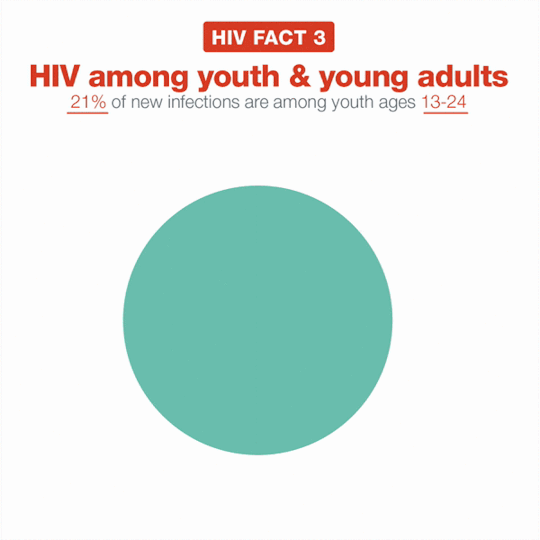
Also, those who are HIV-positive but unaware of their status delay taking ART medicines to treat the virus, placing themselves at risk for complications. Studies have shown that prompt diagnosis and early treatment initiation improves health outcomes.
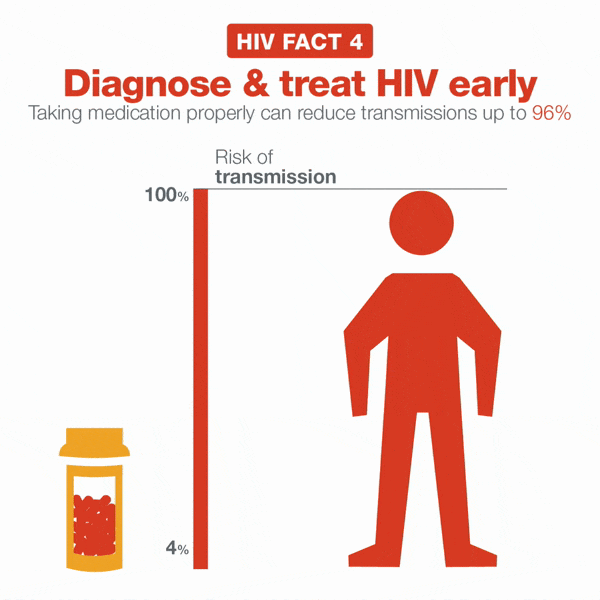
Who Should Be Tested for HIV?
The U.S. Centers for Disease Control and Prevention (CDC) recommends that people ages 13 to 64 get tested for HIV at least once as a part of routine medical care. Those who may be at a higher risk of contracting HIV are encouraged to get tested at least once each year.
HIV testing is also recommended for women who are pregnant or planning to get pregnant.
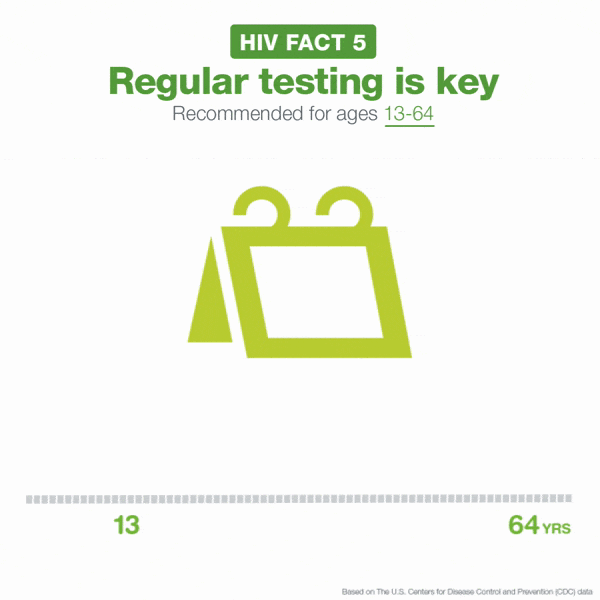
Walgreens Helps with Free Testing
An HIV test is the only way to know your status. Walgreens has teamed up with Greater Than AIDS to offer FREE HIV testing at select Walgreens locations on June 27, 2019 to commemorate National HIV Testing Day
Home HIV Testing is Available
The Ora Quick In-Home HIV Test is an at-home testing kit available at pharmacies. This home-based test provides rapid results and involves swabbing your mouth and using the kit to test it. However, in general, the OraQuick test finds infection later after exposure than do blood tests, because antibodies to the HIV virus appear quicker in the blood than in the saliva. The manufacturer provides confidential counseling and referral to treatment.
It’s important to note that people who test positive through a home-based test need a follow-up test along with confidential counseling and referral.
HIV testing is the key to prevention and treatment. With so many resources and options, it has never been easier to find out your status.
Be well, stay well ~
Pharmacist Andy
Andy Stergachis, Ph.D., R.Ph.is the Director of the Global Medicines Program at the University of Washington in Seattle and a subject expert on public health and pharmacy-related topics.
Sources:
https://www.cdc.gov/hiv/basics/statistics.html
https://www.cdc.gov/hiv/group/age/youth/index.html
https://aidsinfo.nih.gov/guidelines/html/1/adult-and-adolescent-arv-guidelines/29/preventing-hiv-transmission
https://www.cdc.gov/hiv/basics/testing.html*
https://www.cdc.gov/hiv/testing/index.html*
https://www.cdc.gov/hiv/testing/hometests.html*
* Greater Than Aids Website. https://www.greaterthan.org/get-tested-with-greater-than-aids-walgreens/ Accessed May 15, 2019.
